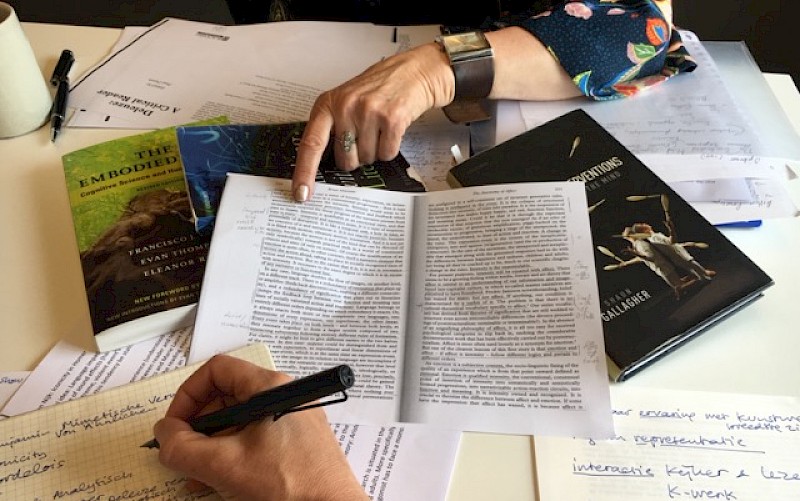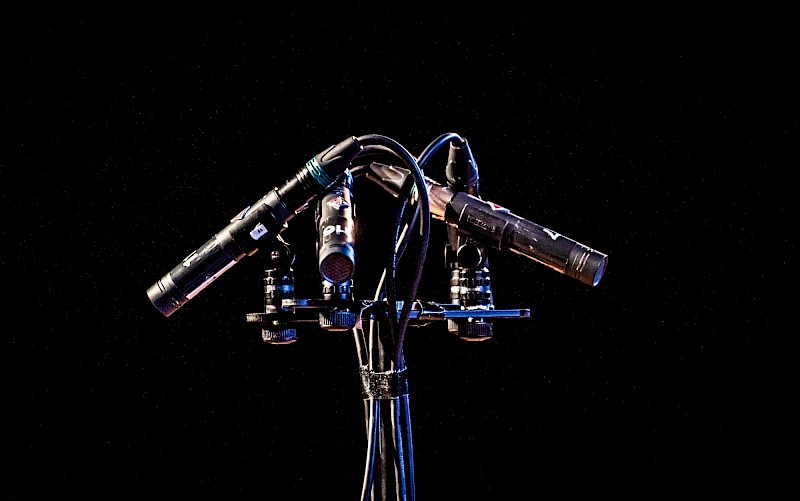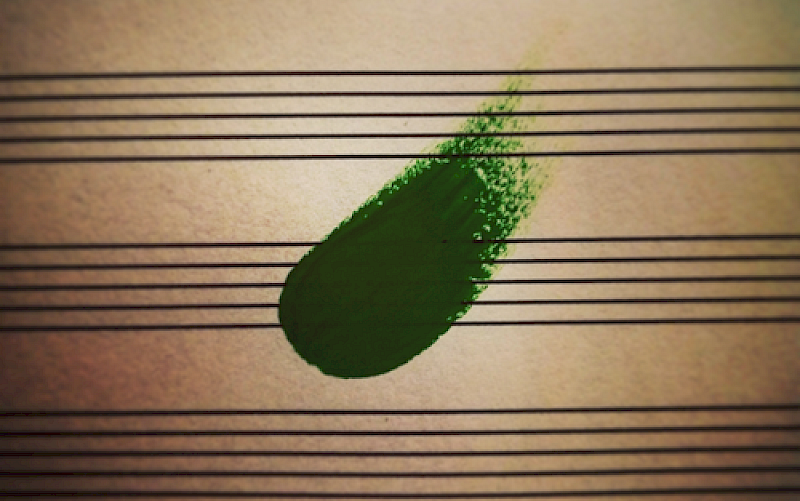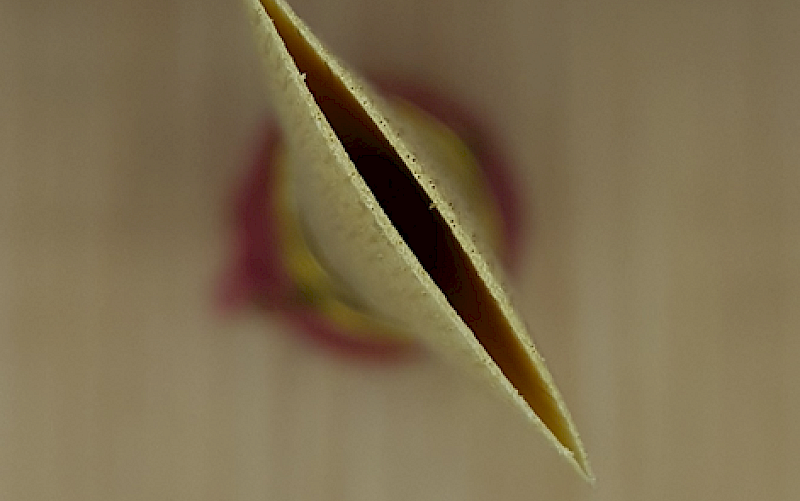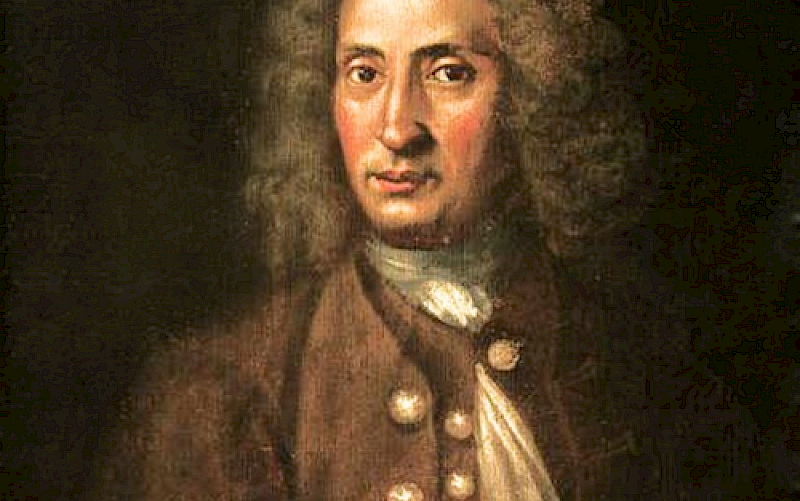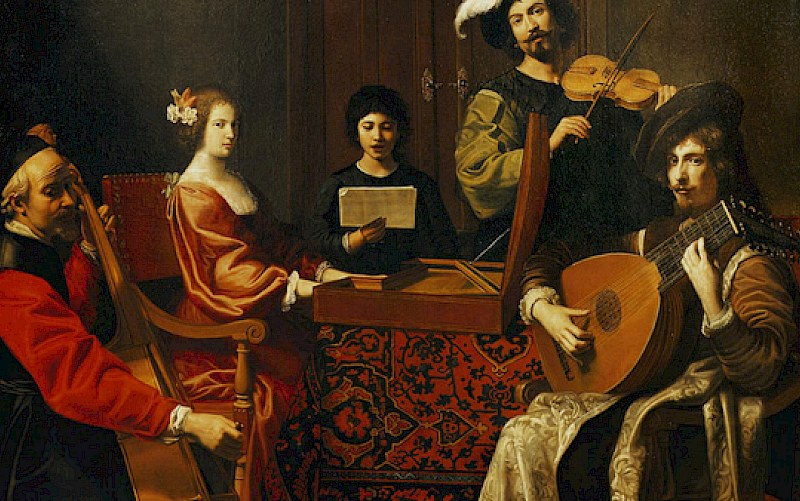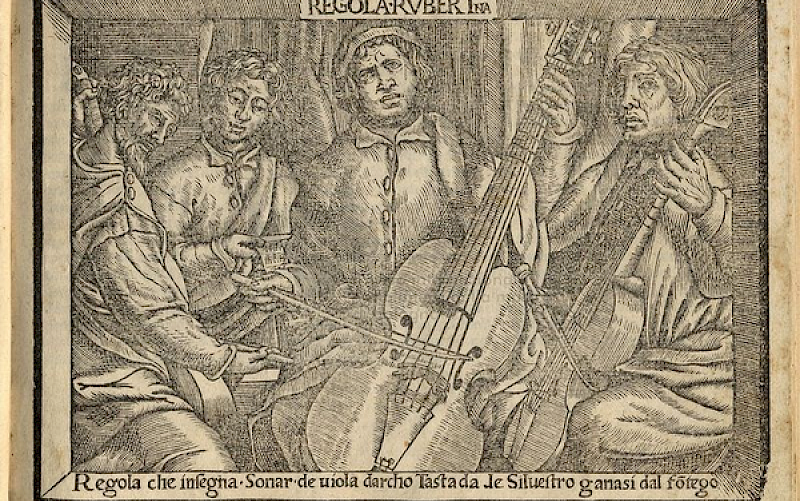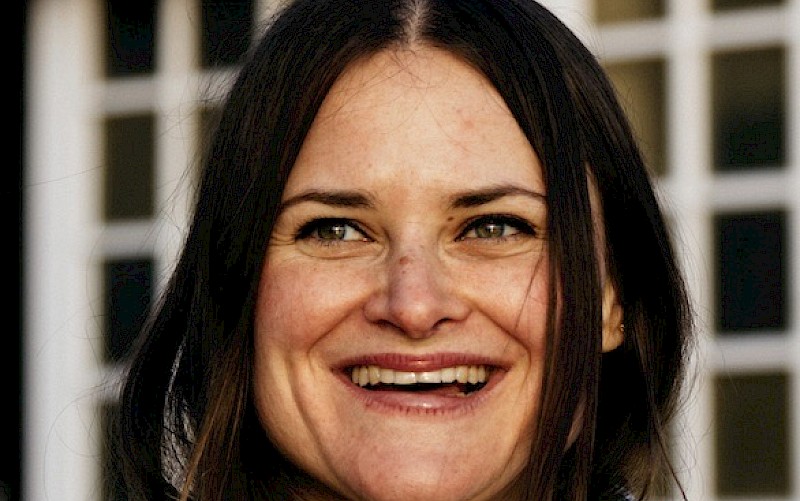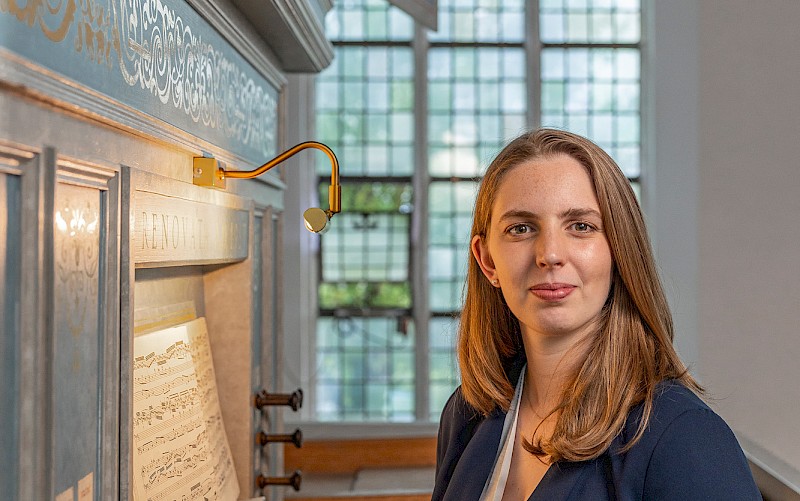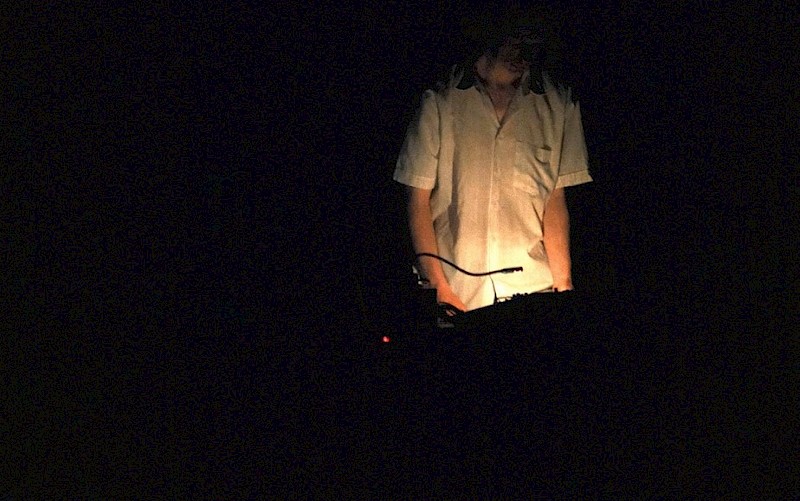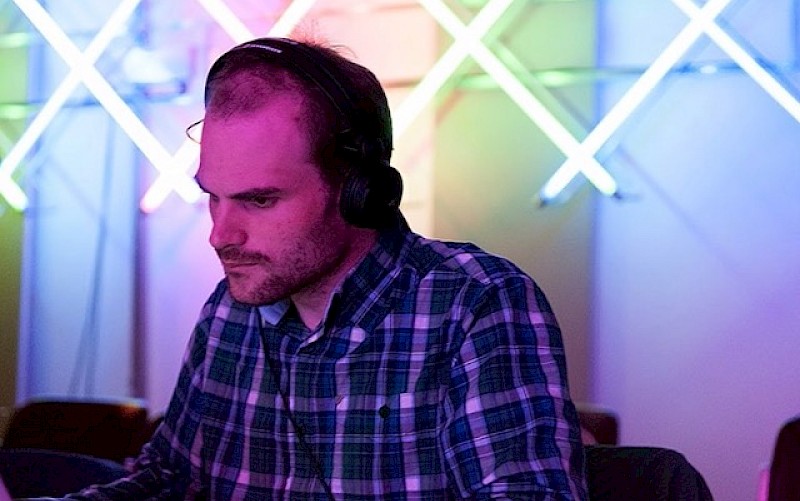OPTIMAL Practising: An Autonomous Journey of Exploring Enhanced Expectancies and External Focus
While exploring ways to improve practice methods and reduce stage anxiety, the researcher came across the OPTIMAL (Optimising Performance through Intrinsic Motivation and Attention for Learning) theory of motor learning while reading William’s 2019 research on “Finding Focus”. The theory was proposed by Wulf and Lewthwaite (2016) to utilise motivation and attentional focus in improving performance. Through a thorough theoretical review of the theory, other relevant studies, and attending workshops and courses, the researcher discovered better approaches and methods to practising for himself, enhancing his quality of practice and promoting personal growth. By developing and applying an informed method to a group of 13 musicians from the Royal Conservatory of the Hague, this research also investigated the impact of the OPTIMAL theory on the practice of other musicians through a three-week intervention. The goal-coupling action from enhanced expectancies, autonomy, and external focus was found to bring about greater practice quality. The data obtained from the intervention and a retention test also revealed enhanced levels of organisation, objectiveness, mindfulness, and confidence during practice. However, some found themselves more anxious in the process. The intervention highlighted a need for more resources, as well as safe spaces to discuss practice and performance in Conservatoires. This research hopes that the findings bring about more awareness, acts as a source of information, and encourage more open discussions on the way musicians practice and perform, as more attention could be given to this in the way we shape music education.
Author: Xavier Tan
